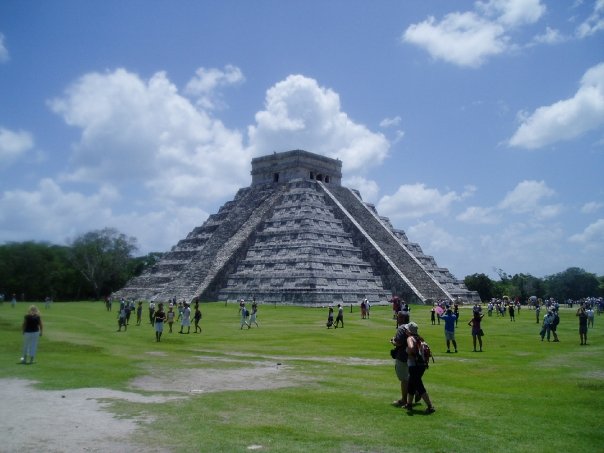One of the the most famous introductions in the history of television is from Law and Order. This division of authority is critical to the functioning of the legal system in the US.
For centuries and in many parts of the world, the investigation of crimes, determination of guilt, and even the authority over the prisons often rested in the hands of a single person. It was a response to the corruption inherent to this system that the United States used a jury of one’s peers to determine guilt, appointed judges to run the proceedings, elected district attorneys to prosecute suspects, and elected sheriffs with a professional police force to investigate crime. This is why criminal courts are The People vs. the defendant.
There’s no reason your legal system has to work this way. If you have a monarchy, you might have the King’s justice, where the Crown appoints the prosecutors and the judges. They may even control the police force. Game of Thrones has a system of justice that works like this, where the king may even preside over the court. A humorous take on how this can go is from an old TV comedy:
Simple justice systems in your setting are best when they are a minor part of the plot, show a society rife with injustice, or can be used to show the character of the people in power. Complex justice systems are best when the plot is centered around navigating the system, the setting is supposed to be realistic or complicated, or needs to be some monolithic bureaucracy creating a roadblock for the protagonists.
For my Blake Heira series, I wanted a justice system that was difficult to navigate. He’s a member of the Order, which makes him a police officer. But, he’s also an Eye of Law, which makes him a special detective. This means he will field the really difficult cases, which can lead to conflicts over territories and jurisdictions. He’s also a Priest of Morn, the god of justice, which means there may be other jurisdictional issues, which is something I’m exploring in Corruption of Blood and used as part of the The Invisible. The Priesthood also provide the judges, but they are in a different chain of command. Since they are also priests, they have their own ideas what justice is, an idea I played with in my second book, Illusion of Truth. They also use a system of precedents, much like the case law in the US. Prosecutors are yet another group within the church. And then there are advocates, the defense attorneys of the country, who are also priests in the church.
With this type of system, there are many possible directions the conflict can go besides finding out who committed the crime. Stories are about conflict. Heroes are those people who overcome great odds, so a system that stacks the odds against my protagonist helps with my story.
Think about how you want to divide the authority in your justice system, and what that will do for your stories. If the Sheriff is the Justice of the Peace, like in the scene above, what does that do for your story? Are they honest? Do they zealously protect the rights of their citizens? Or do they use their passion to put people away they think is guilty?
Next week, I’ll continue with the theme and talk about fantasy police. Thanks for reading. I’ll see you next Sunday!

